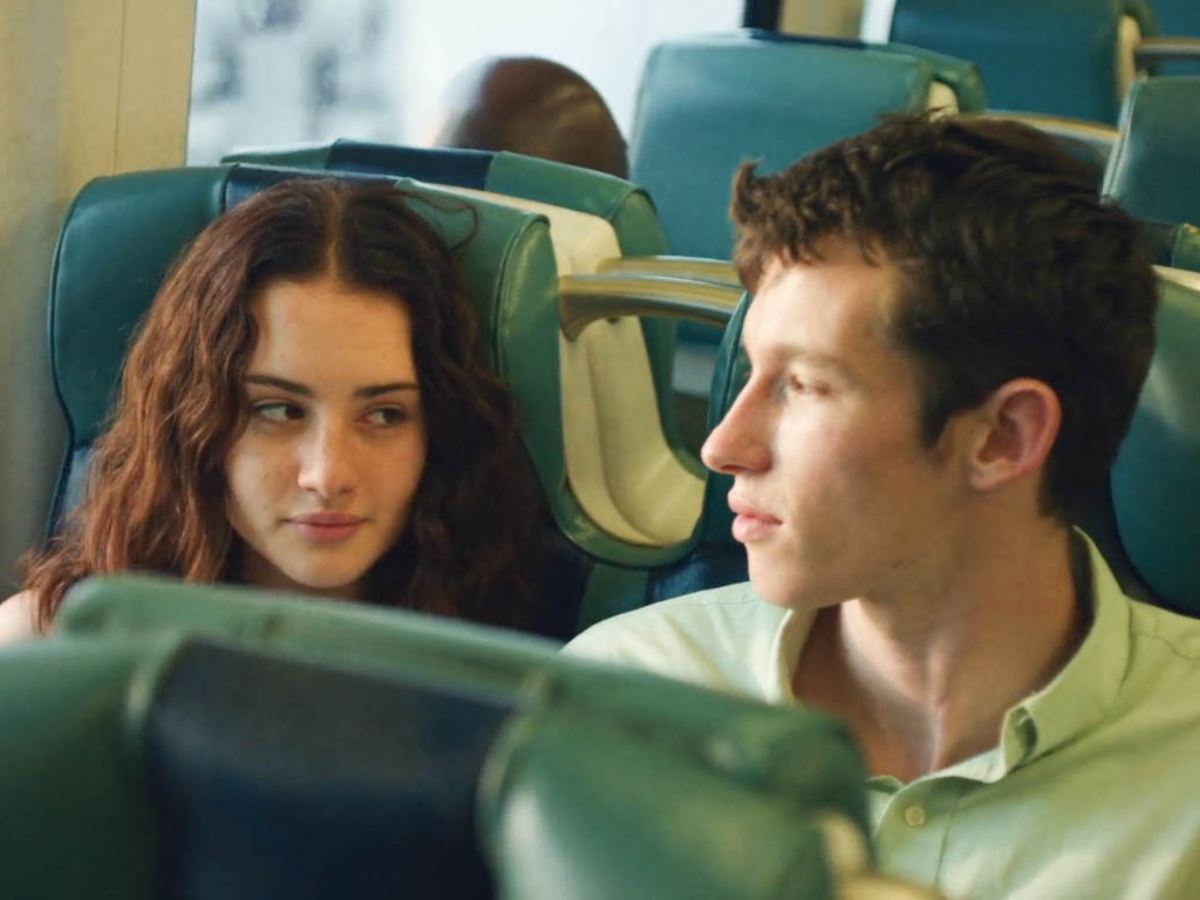What do you think Mexico looked like at the very beginning of the new Millennium? Exotic, peaceful and picturesque? The 00’s Mexico in Alejandro González Iñárritu‘s Amores Perros is exactly the opposite. Grim, ghastly, dingy.
One of the Three Amigos of Nuevo Cine Mexicano (or the New Mexican Cinema), Iñárritu portrays his country in its entirety, completely naked and without filter. Every frame is alive and speaks volume about the state of the nation, every wall highlights the gloomy livelihood.
Released in 2000, Amores Perros, which is sometimes translated as ‘Love’s a Bitch’, is the first feature-length film by Mexican filmmaker Alejandro G. Inarritu. A crime drama at its surface, the film speaks about human behavior and also forces the audience to contemplate on the precise definition of ‘human’.
The film is built as a triptych, where three separate stories are connected by a specific incident — in this case, a car accident. The three stories portray three different strata of life in Mexico.
In the first story, Inarritu focuses on the humble working-class living, where people can go to any extent to get some extra, untaxed dough. Octavio(Gael Garcia Bernal), the protagonist of the story, makes his dog his piggybank and makes it compete in dogfights. The dogfight scenes are raw and violent, and disturbing (exactly what Iñárritu wanted to portray). His aim is to escape the soulless city with his brother’s wife, Susana (Vanessa Bauche).
Recommended: 66 Best Movies Of 2018: ‘Roma’ To ‘The Insult’
His short-tempered brother, Ramiro (Marco Perez), is a store cashier-cum-cheating husband in the day and a robber during the night. He wants to rob the local bank some day. Entrapped between these two lives is Susana, who is pregnant for the second time. She is often abused by her husband and succumbs to Octavio’s illicit desire, more often than not. But at the end of the day, she wants to remain with her husband. This despite the abuse and violence, for this is what patriarchy has taught her.
The second story is of Valeria (Goya Toledo), a wealthy supermodel, and her lover, Daniel (Alvaro Guerrero). Their ‘cute Cupid’ love affair takes a horrid turn when Valeria’s dog, Ritchie, disappears. Daniel, who has left his family, questions his decision.
And finally, we move on to the very end of the ‘class pyramid’. The story revolves around a vagrant, El Chivo (Emilio Echevarria), who appeared in the film previously, without much action. The narration joins the three stories in a very transparent yet non-obvious manner. A failed Guerilla, El Chivo is a hitman, though he claims he doesn’t indulge in the business anymore. Living off trash amongst crumbling walls, his life is more significant than one might assume in the beginning.
Cinematographer Rodrigo Prieto uses a wide-angle lens with short focal length to capture the different emotions of the characters. Inarritu uses an establishing shot to make sure the audience is not alienated from the characters and the location, but getting a similar nauseating feeling of claustrophobia.
Recommended: 50 Best Movies On Netflix Right Now (May 2019)
Scenes are carefully repeated in all the stories as Inarritu suggests despite representing different classes, the three protagonists are trapped in the same vicious cycle of life.
The three stories have an underlying theme which unites humanity – betrayal.
Irrespective of where we stay, what we own, how we look like — we all are guilty of perfidious ambitions, contemptible selfishness and the reprehensible greed. This is what unites us, the human race, not loyalty, honesty or other heavenly virtues.
In Spanish, ‘Perros’ means dog but can also suggest misery. Dogs play a vital role in all three stories. Local songs from bands like Café Tacuba and Control Machete blend well with the scenes where they are used. Amores Perros is set in Mexico but the film has a universal appeal. It forces us to question ourselves, our desires, our behaviour, our sanctity. And above all, raises an unavoidable question – Is being inhuman the most humane thing of them all?
Amores Perros completed 19 years on May 14, 2019.
Rating: 4/5
By Shuvaditya Bose
Recommended: 50 Best Movies On Amazon Prime Right Now (May 2019)




